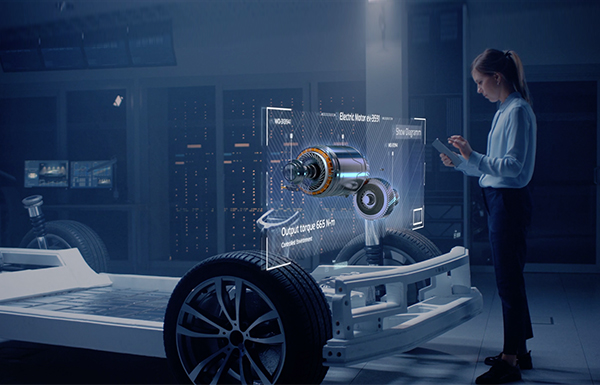
Our climate is changing, and this change is already having an impact on all areas of our lives, from what we eat and where we go on holiday to what and how we drive. With the shadow of the Paris Agreement on Climate Change looming large, we are committed to limiting global warming to below 2 degrees Celsius and to reach net-zero by 2050, which means change is coming for us, too.
Globally, transport accounts for around 25% of CO2 emissions, so the transition to decarbonised transport solutions is real and pressing if we are to meet our climate commitments. For many, the switch to electric mobility is the way forward, the shift is inevitable and is already picking up pace. Today we are fast approaching a tipping point: electric vehicles (EVs) have been outselling diesel and will hit an all-time high in 2022, making up around 13% of vehicle sales worldwide. It is estimated that by 2030 there will be between 8 and 11 million EVs on UK roads, accounting for 1 in 4 cars and up to 230 million world-wide and that change will accelerate. Legislation around the world is driving the change for example many countries are banning the sales of ICE cars by 2030, with only hybrids that meet strict emission targets being available to 2035. So, in a mere 13 years all new cars will be powered by alternative fuels.
More EV models than ever before
All vehicle manufacturers are developing their EV ranges and fast – there are now 5 times more EV models available in 2022 than in 2015. And it’s not just cars, it’s all vehicles from 2 tonne panel vans to 44 tonne artics. What is essential is to understand that not all EVs are the same, there is no universal solution. Some are developing in-wheel drivetrains where an electric motor is mounted to each wheel position; others are taking a more conventional approach where a single motor obtains power from the traction battery pack. The batteries used today will also evolve quickly, as advances in battery technology will drive change as manufactures look to reduce the time to charge a vehicle. Charging infrastructure will also heavily influence this. The constant here is change, so, it is essential that anyone repairing or servicing vehicles is ready.
Threats and opportunities for Repair Shops
Whether it’s a repair or a service, your approach will have to change. Remember with EVs there are no oil changes, no sparkplugs, fuel filters, clutches or exhausts – maintenance will focus on air filters, air conditioning, brake fluid and pads, although pads may last twice as long on an EV as a conventional ICE vehicle. Understanding EVs and making them a profit opportunity in the after-market will be a challenge. Repair shops and technicians who embrace change will prosper, others will face a declining vehicle parc and therefore fewer opportunities to be profitable.
Colossal skills shortages
The reality is that the vast majority of today’s technicians are not currently qualified to work on EVs. The UK’s IMI suggest that only 3% of technicians are fully qualified to maintain and repair EVs, an enormous skills gap. Vehicle manufacturers are pushing hard to train their technicians, but in the aftermarket the availability of high quality information for diagnostics and training is limited.
Autodata’s world’s first solution
To support its customers through the complexities of change, leveraging over 50 years of experience, Autodata has introduced unlimited access to in-platform Training & Diagnostics videos as standard. With over 60 hours and 350 videos of bespoke content covering the understanding, diagnostics and repair of new vehicle technologies from ADAS to hybrids, full electric and connected vehicles. This on-demand diagnostic video content creates a powerful reference tool for technicians to spot-check their repairs in real-time against an extensive library of OE vehicle information. Users utilise the constantly-growing collection of videos, designed by experts for experts, to specifically assist in minimising disruption and delay while maximising productivity and technician progression.
The content is already available in English, French and Spanish languages with more to come. The video you want, for the vehicle you want, is only ever a click away. Making Autodata the repair shop’s trusted partner to build their business ready for tomorrow’s EV challenge.